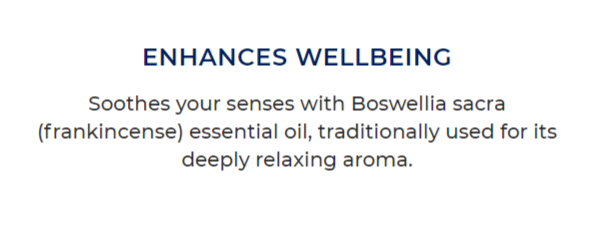How to be a beauty brand in a body positive world
You may know that before I retrained in copywriting, I was a buyer for a large fast-fashion retailer. One of the (many) reasons I fell out of love with the job was because I hated that we were making people feel inadequate to sell more clothes. The truth is you don’t need a new top EVERY TIME you go out. And your old trainers are perfectly fine, even if they don’t have that tiny insignificant update, branding them ‘so last season’. And I didn’t just help perpetuate it, I fell victim to it too. Was I ploughing half my salary back into the business I was working for, buying clothes just so I could show up to meetings looking like I knew what was hot? Absolutely, yes.
Being my own boss comes with a lot of freedoms. Aside from not having to look cool in meetings anymore, I get to work with whomever I want. One of my big decisions early on was never to promote that feeling of lack to make a sale again. Neither within my own marketing or that which I write for my clients.
But for me, there’s one thing more toxic than telling someone they need fashion to feel good about themselves, and that’s that they need to change the way they look – their skin, hair, body or face – to feel good.
Which is kind of how the beauty industry has always operated.
But it feels like the tides are turning. All the beauty brands I work with now want to uplift and celebrate their customers, not punish and criticise. It’s part of a wider movement of body positivity, celebrating individuality and generally being a bit better towards each other.
Compare the ‘diet’ of media I consumed as a teen in the early noughties to my Instagram feed now, and it looks like real progress. Digital creator, Alex Light, recently shared clips on her Instagram of the Spice Girls being forced to weigh themselves by Chris Evans on his live TV chat show. As a raging Spice Girls fan, I would have been allowed to stay up late to watch these interviews and seen this happen. What did that do to me as a young woman?
It’s encouraging to notice how outdated and fucked up these clips and those like them feel now. And I think just as pop stars and social media influencers are helping to change the narrative, as copywriters, marketers and brand owners, we have a responsibility to perpetuate a better message. One that tells people they are enough, just as they are.
The trouble is it can feel hypocritical to, for example, pedal products that reduce signs of ageing while being pro age and body positive. How do you tell people they’re perfect as they are while also suggesting they buy your face serum?
Having worked with lots of authentically body-positive brands in the beauty space, here are some suggestions (not all of them will apply to every brand):
1. Focus on results not flaws
Instead of focusing on ‘flaws’, focus on results. Use language carefully to uplift and encourage. For example, if you’re talking about skincare, swap negative words like “tired, sagging, dull” for “glow, fresh and plump”.
Copy from PRAI Beauty
2. Wear imperfections with pride
If that feels too upbeat for your brand, try speaking about perceived imperfections with pride. Reclaim the language around ageing or fatness and make it a source of celebration and confidence.
Copy from Pantene
3. Make it luxe not labour
Position your product as a treat or a moment of self-care rather than an essential step in a laborious routine designed to make ourselves more palatable to the outside world.
Copy for Neal’s Yard’s ‘Age Well’ range includes benefits that go more than skin deep
4. Hire according to your values
Give your target audience a voice and a face. If you’re claiming to champion them, do it by hiring folk from that demographic, supporting relevant causes, listening to their views. Put your actions and your money behind your words of encouragement.
5. Make sure your brand behaviour aligns
Practise what you preach. No 18-year-old models selling anti-ageing skincare. No heavily edited images of stretched bodies and hollowed out limbs. No filters. Ever.
An image from Revolution’s Conceal and Define campaign featuring models of diverse ages and ethnicities
If you’re a beauty brand and you want help navigating this tricky path, give me a shout and let’s chat.




